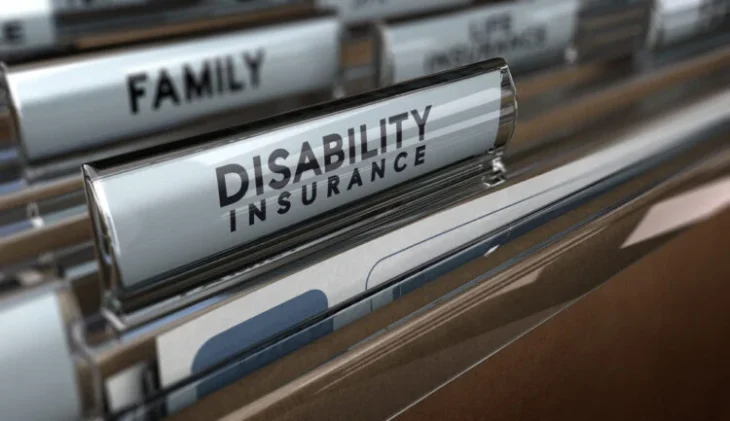Leaving is not what we want and we would all like to be present here for as long as possible. Death is a crucial part of life and it is the reality we can all expect at some point. The most responsible thing in life, you can do as a person, is to make sure that those that are left behind you are well taken care of and looked out for.
Ways to achieve this are abundant but today we will discuss a solid estate plan as one means to make sure your spouse, kids, and grandkids are well taken care of.
Estate planning is meant to protect your loved ones and make sure they gain maximum benefits from your financial legacy. Also, a well-planned estate avoids conflicts among family members that could tear your family apart. It is common for family members to have disputes over inheritances or matters that involve the welfare of their elderly family members. Thankfully, an estate planning attorney from scottcounsel.com can help you create a solid plan for your estate that details what happens to assets when you pass away or become incapacitated. By carefully planning your estate, your family avoid vital issues including the following:
Contents
1. Incapacity and disability

Source: investidollar.com
What most people get wrong from the get-g is the fact that Estate planning is a plan for death alone. You are making a plan to distribute your legacy and wealth among your family members and that is it. what is an important thing to know is that estate planning is also about you planning for incapacity or disability down the line. If one of these things, God forbid, fall upon you will need to make sure your wishes are honoured when something like this happens.
2. Estate Administration
Estate planning includes designating an estate administrator. Without valid estate documents, state law applies and a judge will make the decision. Members of your family may fight for this privilege.
Battles in courts are costly and can reduce your estate’s assets. Also, they can ruin family relationships for good. Additionally, without an estate plan, your estate plan may go through the probate process, making family conflict and your assets public information.
3. Minimize taxes and attorney fees
This is more of a precaution and a way to further take care of your loved ones. The estate plan by itself reduces any potential tax issues and reduces the number of fees and lawyers needed to be hired to clear out things you haven’t cleared with your estate plan and will. This is mean having everything clear and transparent and shutting down any potential family feud or dispute after you are gone.
4. Inheritance

Source: deccanherald.com
Estate disputes commonly include those that revolve around who gets a certain property, including real estate, money, and personal belongings. In some instances, family members can fight over personal property with great sentimental value.
It is important to have a sound estate plan that addresses how your estate will be distributed in detail such as personal property and financial assets. Also, the plan must determine how your real estate should be disposed of, including your family house or vacation house.
If you do not have a valid estate plan in place, the distribution of your property will be handled by a court. Often, the distribution process may not be what you want or what your loved ones want your property to be divided, creating conflict among them.
5. Medical Care and Decisions
Your estate will give you protection during your lifetime. Should you sustain debilitating injuries or become incapacitated or ill, your plan will address your medical care and decisions. Without a plan, your loved ones may disagree on who will take care of you and such disagreements can escalate into long-term conflicts. Also, this can impact the quality of care you get and how your finances are managed.
Without an estate plan, a judge will appoint a guardian and a conservator for you. These individuals could be someone you would not want to make decisions and care for you, plus all of this may end up costly for those left behind you and a burden on all of them.
6. Do you need one?

Source: dreamstime.com
Most of us do not need an estate plan but we all need a will. To be clear an estate plan can’t be standing by itself and it is a component that follows a will. Will is something everyone needs and it will deal with crucial things regarding your loved ones, your wishes and wills, while an estate plan will be an addendum that will detail to whom goes what, on which terms, or who will and in what way take care of you if you are in a situation of not being able to take care of yourself.
7. Do not forget debts or memberships
Another important thing every estate plan needs to have a list of memberships in different organizations and potential obligations or expectations you have from them. Maybe a family member or members you are adding to your solid estate do not know about some of your latest memberships and obligations you have acquired and it is a good thing to add that so they know what they can expect.
The same things go for all of the debts you accumulated if you accumulated. This needs to be in a form of a separate list that will include, debts, credit card debts, mortgages and all things similar to this.
So, after all, you read you should get a clearer image of what you need in an estate plan and what are the important issues that arise from every estate plan. These need to be as clear as possible and as precise as possible to avoid any misunderstandings in your family. Both, a personal will and an estate plan are good things to make to have everything in order but only one thing is crucial and it is a will. An estate plan is not for everyone but if you feel you need to add it in then surely do.
